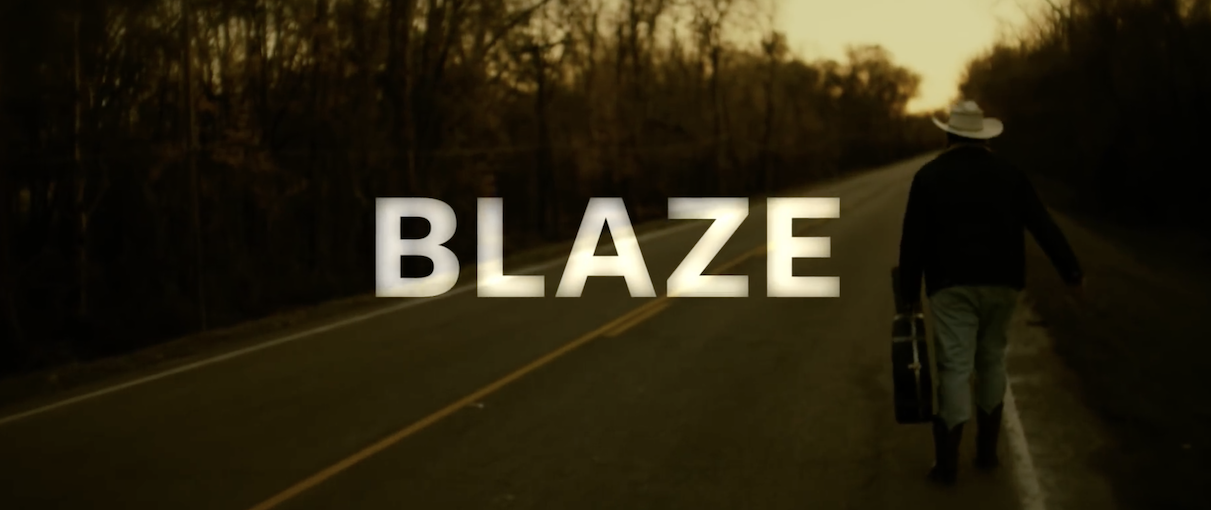Let’s jump right into the movie. For me watching the movie was quite emotional. These events were part of my life. This movie is your life. What was it like to see the final film on the big screen?
My first viewing of the final film was at Sundance. The bigness of the screen kind of blew me away. My heart was pounding through the whole thing. I thought I would have a heart attack and die and that would become another part of the legend.
Was there additional pressure because this was at Sundance?
There was so much to take in. It was overwhelming trying to take in everything at once. It really is a beautiful film and I enjoyed seeing everyone’s performance on that large screen. You remember so much from being part of the filming. Recalling what it was like when the actors performed the scene and now seeing it as part of this beautiful story.
I was also listening to the audience. Looking at them as a writer to see how they responded, when they laughed, when they were silent and just seeing how the story affected them.
This is more than a beautiful story, this is your life. How did that aspect affect you?
It really is hard for me toexpress what it’s like to see one’s life and so big on the screen. I’ve lived with Blaze’s presence in my life for over 40 years. I’ve been revisiting this story for 16 years. Working with Kevin Triplett on his documentary The Duct Tape Messiah, writing my memoir, Living in the Woods in a Tree. Then this part, working on the script, being there for the filming the now seeing what has become. Seeing this is filtered through a lot of years of processing.
It kind of felt like a reunion. Like we were reunited through Ben and Alia. I felt his presence quite a bit during the whole process. Making the film may have been even more emotional than seeing the film. It is a different experience.
You have been asked to attend and often speak at showings of the film. Tell us about your experiences.
I’ve been to ten showings so far. I still enjoy seeing the film. There are so many levels of detail in the work everyonehas done in front of and behind the camera. And I’m still listening to the audience. What each audience brings differs so much. Every audience has its own karma.
It is fascinating to take the journey with them and see how they react along the way.
What is it like hosting the question and answer sessions after the movie?
People have such wonderful questions. They seem so genuinely moved by the movie. People, especially women, come up to me with very emotional responses. So many of them have someone in their life who faced some of the problems that Blaze had to deal with. It is very touching to see how the movie affected them. To hear how we made them think about the things they did or did not do in their life.
This is a wonderful story. Everyone that knew Blaze has stories and there are far too many to tell. The movie does not show the admiration for Townes and Gurfthat I know Blaze felt learning the business from them.
You might not even know what I saw in Blaze when you were around. I knew you were special because whenever you were coming or were there, there had had was a difference in Blaze. It was like he always wanted to be on his best behavior for you.
Blaze led multiple lives. That’s why telling his story is so complex. The lives we led, how we influenced each other when we were together, how that continued through our lives and how his legacy continues to influence my life is really something special.
Even after we parted. Writing my plays, there always seemed to be a character that drew something from Blaze. His presence was always with me. There was something unfinished between us. When Kevin Triplett got in touch with me in 2002 about his documentary it compelled me to address unfinished emotions from my past.
Kevin sent me some of Blaze’s music. There were songs I knew and others I’d never heard. The what-if emotions rose up like ghosts from the past. Working with Kevin started something I need to address on my own. That is where our memoir came from.
The music Blaze wrote was stories from his life. He wanted to be a legend because a legend stands for something. He spent his life making music he was proud of.
His music put Kevin on a 12-year marathon of collecting stories about Blaze for The Duct Tape Messiah. You cannot underestimate his documentary’s contribution to the growing legacy of Blaze.
It was the music that drew Ethan to Blaze. Talking to Louis Black editor of The Austin Chronicle at SXSW he found out I was Blaze’s wife. Lewis had reviewed my book, so he told him about it. I was thrilled to hear Ethan wanted to tell Blaze’s story. The way he pulled all this together so quickly is amazing.
For me,it was also healing in many ways. The movie has not really changed much for me otherwise. Overall my life is still mostly the same. Two things I can say about this movie is: I am extremely satisfied with being a part of creating a beautiful, moving film. And I am very proud to see Blaze’s story is being shared with the world.
I have often heard the word ‘tragic’ used when talking about Blaze’s life. Jimmy Buffett is another musician who was hard to classify. One of his lyrics feels quite appropriate to describe Blaze’s life.
Part of its tragic,
Part of its magic,
But I had a good life anyway.
But isn’t that the best any of us can ask for?

